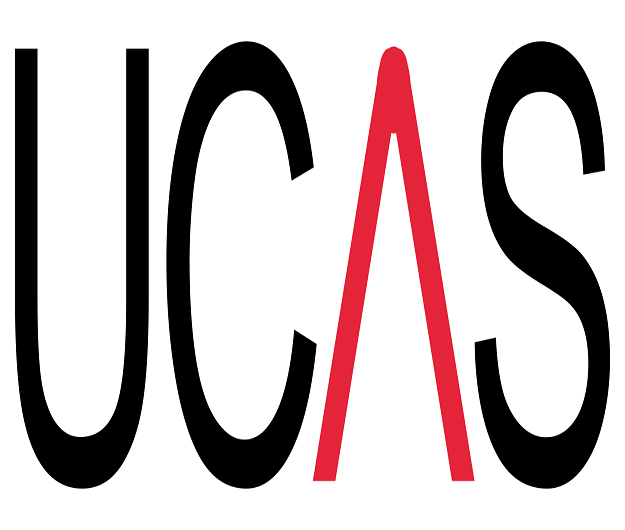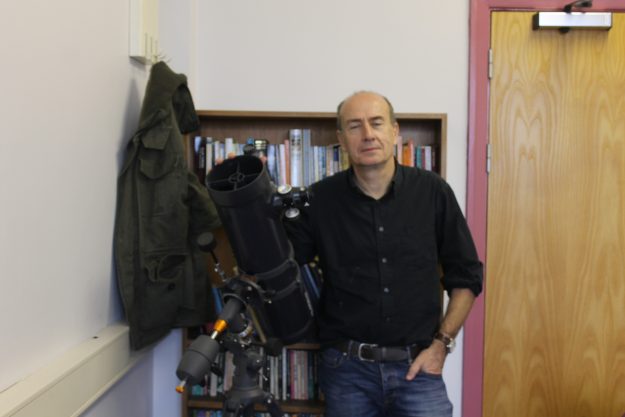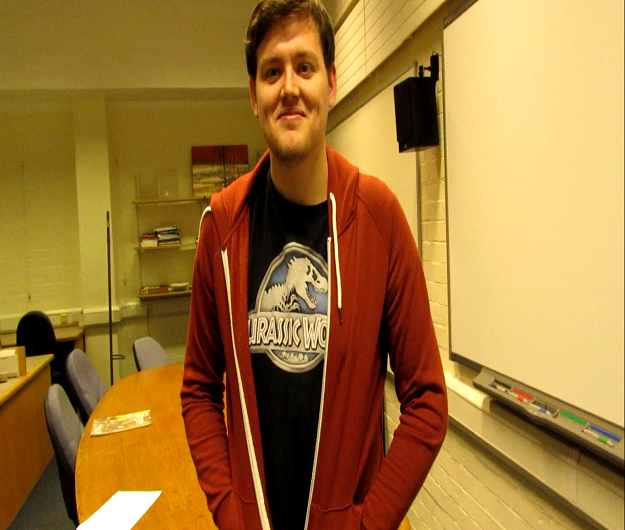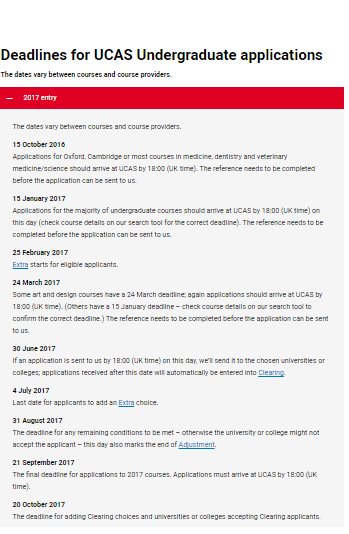
As UCAS applications close this month, which subjects are students investing their futures in?
Every autumn, sixth-formers and college students across the UK, select their top 5 Universities, along with their chosen subject(s); and this year is no different.
The ‘Brian Cox Effect’ may lead you to think it is Physics but according to UCAS figures, Nursing was the most applied for degree in Wales and across the UK, in 2016.
While UCAS were unable to comment on the current application cycle, they were able to comment on previous application cycles. Rosalind Moore, Head of Media and Public Affairs at UCAS tells InterCardiff “Application patterns are typically weighted towards the deadline and are affected by the pattern of weekends and public holidays amongst other factors.” While figures don’t specify the volume of applications, they do tell us the title of the course with the most accepted places across the UK goes to Nursing at 1630 in Wales and 28890 across the UK (where women made up a staggering 26085 of the UK total).
In comparison to Physics, with only 170 places accepted in the Wales and 4725 in the UK as a whole (3625 men and 1100 women), Nursing is clearly a hit with sixth-form and college students.

Television programs like Stargazing Live have shown us how impressive our universe is, hence how important it is to study it. Professor Stephen Eales of Cardiff University says “Understanding what dark matter is, is one of the biggest mysteries in Science at the moment.”

However, with the world’s current situation, nursing is also important and maybe students have seen that. Dillon, Cardiff University student says “There’s quite an ageing population, so I guess there’s a need for lots of people to look after us.” This outlook could explain why figures are so high.

John, also a student added “There’s so many people in this country who need to be looked after medically and there’s not enough doctors.”
Despite rises in tuition fees, acceptances have actually increased over the years for Physics and Nursing.
From 2013, the government introduced changes to A-Levels, to be implemented across the UK, meaning that students would apply for University places, based on predicted grades alones, without a stand-alone AS-Level qualification in tow. However, this does not seem to have influenced the places students have accepted negatively, given the overall increase in acceptances of places.
On 23rd June 2016, The United Kingdom voted to leave the European Union, albeit with no exit plan in hand. This has caused great uncertainty over the status of EU nationals in the UK. Has this discouraged applications from EU students? There is no clarity on what the tuition fee for EU students will look like after the UK has left the European Union. Will it match the International Student tuition fee? What is clear at present, is that any EU student starting their course in September 2017, will remain eligible for the same loans and tuition fees as home students, as supported by the English, Scottish and Welsh governments.
On that note, it is understandable to wonder what the quality of teaching will be like post Brexit. With freedom of movement between other countries and the UK, currently unsecure and the likelihood of working visas being necessary for anyone wanting to come over to the UK to teach, students should be worried about the versatility of teaching on offer. At present, 17% of lecturers and researchers at UK universities are from EU countries. UK universities will be unable to attract the best lecturers and researchers from around the world. These are all crucial questions which hang in the balance in the minds of any student.

Perhaps, schools pushing for Oxbridge applications is responsible for increasing the rates of University places acceptances. Oxford and Cambridge (for which the UCAS application deadline was 1st October last year, in comparison to 15th January for most applications was) however, do not offer the ever-so popular Nursing degree. So, they can not claim the title of top influencers over the resulting trend in University applications.
Furthermore, it is no secret that schools have long had a battle of Science vs. Arts, with Science generally being more favoured by some schools. It becomes the pushed career choice, receiving relatively more funding than the arts do.
Over the past few years, greater emphasis has also been achieved on alternative routes into different career paths: namely, internships and apprenticeships. These have been highly advertised. People know now that an alternative to getting into debt, via a degree exists. Instead, they can get paid to train to enter their profession. However, with apprenticeships currently at the hourly wage rate of £3.40 per hour for sixth-form and college leavers (set to go up to £3.50 in April) and, a high rate of unpaid internships, people may actually be steered away from those two options and back into those of either directly entering work or attending University. Companies are legally able to not pay interns if they do not count as workers. ‘An intern is classed as a worker and is due the National Minimum Wage if they’re promised a contract of future work,’ according to the Government website. So, it is possible that many companies may not want to pay their interns for this very reason.
Of course, the recent upper limit tuition fee increases of 2013 and 2016, implemented by the Conservative-Liberal Democrat coalition government from £3000 to £9000 and more recently the Conservative government to £9300, would be expected to have a negative effect on application rates. In fact/ actually, figures show that there wasn’t a dip across most applications in 2013. Any increase for Art degrees in 2012 could be due to more students opting to skip the optional free Art Foundation one-year course beforehand, in order to dodge the rise.
Tweets sur #UCASDeadline
!function(d,s,id){var js,fjs=d.getElementsByTagName(s)[0],p=/^http:/.test(d.location)?’http’:’https’;if(!d.getElementById(id)){js=d.createElement(s);js.id=id;js.src=p+”://platform.twitter.com/widgets.js”;fjs.parentNode.insertBefore(js,fjs);}}(document,”script”,”twitter-wjs”);
There are many influences to the degree a student selects, whether family, surroundings, school, financial or Brexit-related. Whatever they may be, Nursing still remains on top, gaining more interest of the female population. What can be expected of the UCAS applications for September 2017 entry? Will Nursing stay at the top or will it be overtaken by another science like Physics, or the Arts? Only time will tell…
